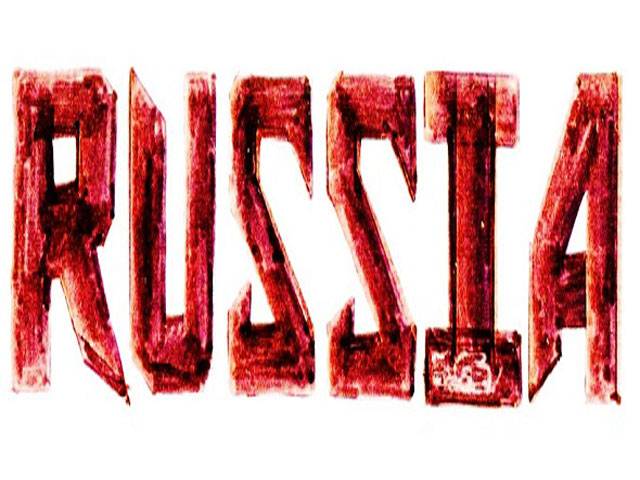MOSCOW (Reuters) - Russia said on Thursday it is trying to firm up plans for a new round of talks this month between global powers and Iran over Tehran’s nuclear programme, which the West suspects is aimed at developing a nuclear weapons capability.
Iranian news agency ISNA said on Wednesday that Iran and six world powers would resume talks in late January, but a European Union official said the two sides had yet to agree a date. No venue has been agreed.
“Russia is concerned about this and we continue to work, including with our Iranian partners, to resolve this issue as soon as possible,” Russian Deputy Foreign Minister Sergei Ryabkov said, according to state-run news agency Itar-Tass.
Ryabkov, Russia’s negotiator at the talks, said that until there is a final agreement “there is no agreement”.
The Russian Foreign Ministry said later that there was an understanding among the parties involved that the meeting should take place this month, and that the dates reported by ISNA - January 28-29 - were being discussed. But it said the dates could change if there is no agreement on the venue, and added that Russia was open to any venue. Senior UN nuclear inspectors were in Iran for a second day of talks on Thursday, seeking to unblock a long-stalled investigation into suspected atomic bomb research in the Islamic state. ISNA confirmed discussions had resumed, but gave no further details. There was no immediate comment from the Vienna-based International Atomic Energy Agency (IAEA), the UN nuclear watchdog.
World powers are watching the IAEA-Iran meeting for any signs as to whether Tehran, which faces intensifying sanctions pressure, may be prepared to finally start tackling international concerns about its nuclear activity. Russia built Iran’s first nuclear power plant and has warmer ties with Tehran than the United States and other Western nations do, giving it potential levers of pressure on Iran. But Ryabkov said agreeing a date and venue for talks was ultimately up to the office of EU policy chief Catherine Ashton, who oversees contacts with Iran over its nuclear programme on behalf of the United States, Russia, China, France, Britain and Germany.
Meanwhile, Iran plans to dispatch a small naval fleet to the Mediterranean in line with its intention of boosting its presence in international waters, its navy chief was cited by the media Thursday as saying.
The deployment will mark Iran’s third mission since the 1979 Islamic revolution to the Mediterranean. Iranian warships docked at Syrian ports in 2011 and 2012.
The fleet will go through “the Indian Ocean, the Gulf of Aden, Bab al-Mandeb, the Red Sea, Suez Canal and then into the Mediterranean Sea in a three-month mission,” navy chief Rear Admiral Habibollah Sayari told the Fars news agency.
He said the fleet, whose composition was not given, would leave in “the coming days.”
It was unclear whether the fleet would visit ports in Iran’s regional ally Syria. US officials accuse Iran of providing Syria with arms and military advisers.
Friday, April 19, 2024
Russia says seeking nuclear talks with Iran

8:09 AM | April 19, 2024
No damage to Iranian nuclear sites after Israeli airstrikes, says UN nuclear watchdog
12:50 PM | April 19, 2024
Ch Shafay visits Directorate of Consumer Protection Council
April 19, 2024
ECP reviews arrangements for by-elections in Punjab
April 19, 2024
Punjab’s price control initiative: A welcome step
12:33 PM | April 19, 2024
A Tense Neighbourhood
April 19, 2024
Dubai Underwater
April 19, 2024
X Debate Continues
April 19, 2024
Hepatitis Challenge
April 18, 2024
IMF Predictions
April 18, 2024
Kite tragedy
April 19, 2024
Discipline dilemma
April 19, 2024
Urgent plea
April 19, 2024
Justice denied
April 18, 2024
AI dilemmas unveiled
April 18, 2024
ePaper - Nawaiwaqt
Advertisement
Nawaiwaqt Group | Copyright © 2024





